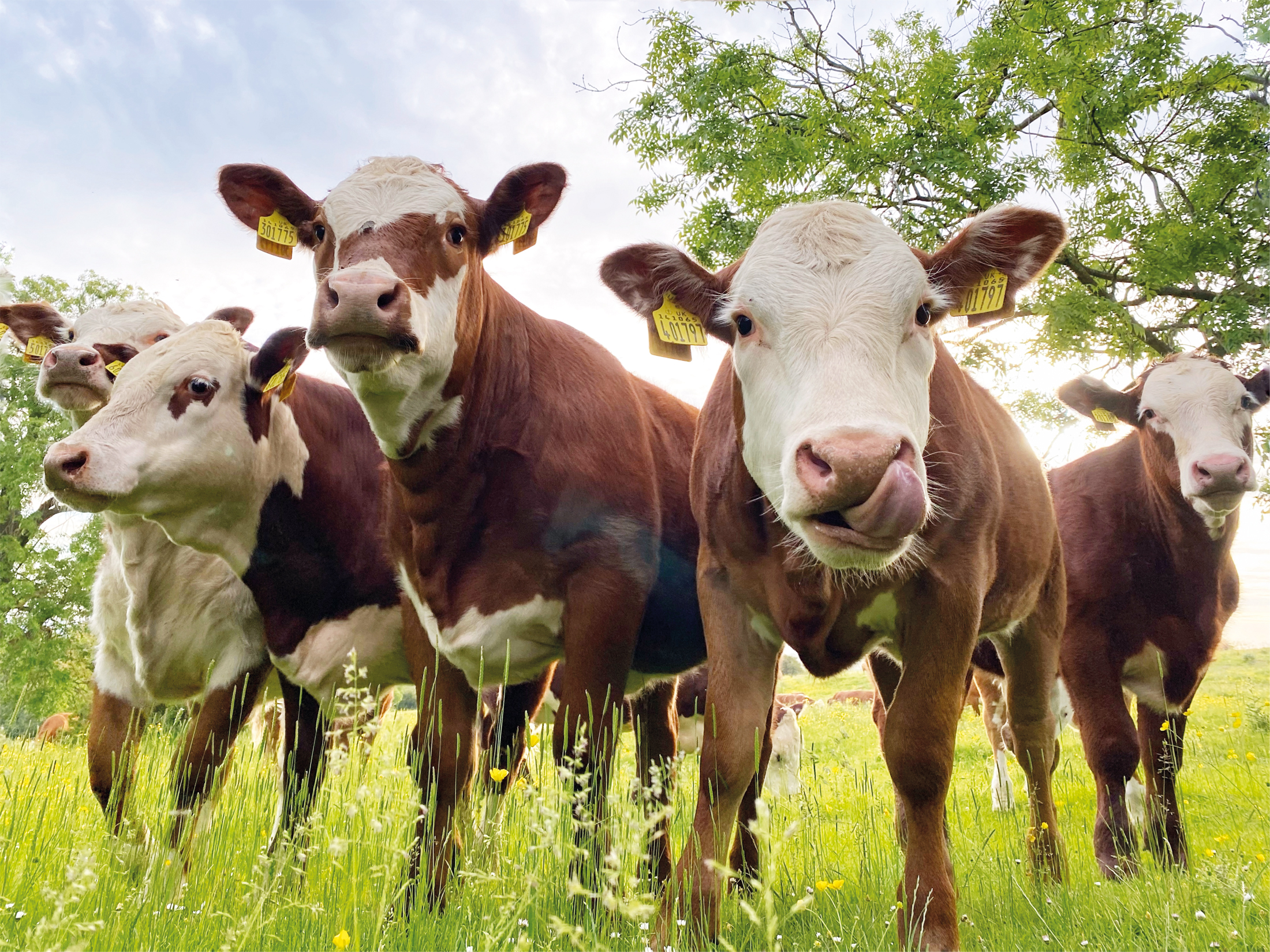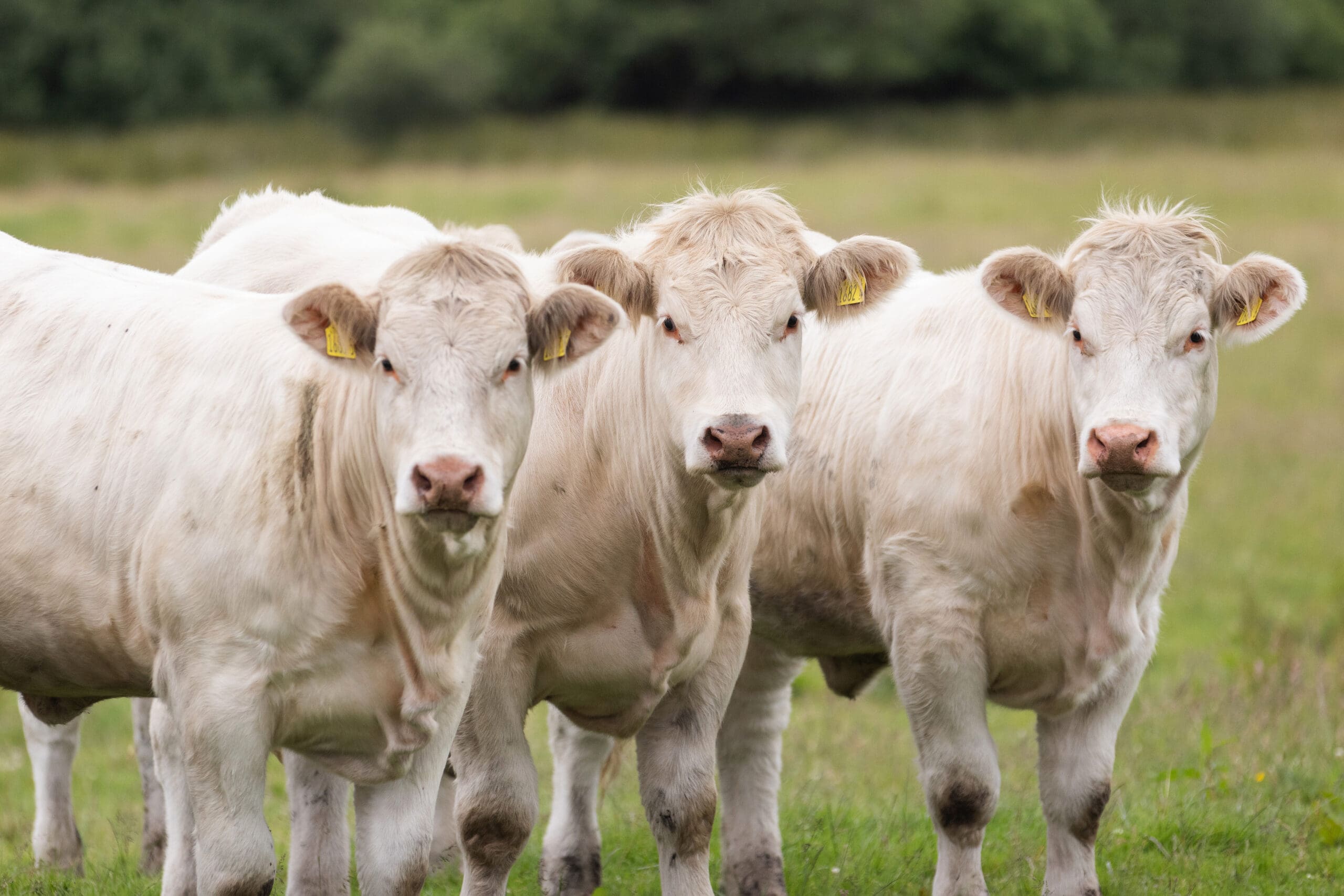
Following recent reports that bluetongue (BTV-3) has been detected in seven countries including Britain, with further cases increasing across Europe, the Ulster Farmers’ Union is urging farmers to source livestock responsibly and report any suspicion of disease in their herd immediately.
UFU deputy president Glenn Cuddy said, “It’s extremely worrying that bluetongue has been circulating more rapidly in Europe in recent months and was detected in Britain earlier in the year. Movement of all livestock ruminants from Britain to Northern Ireland is currently suspended due to these previous outbreaks. The last confirmed case in Britain was March 2024, but trade cannot resume for two years from when the last positive case was confirmed. This will help to minimise infected animals coming into NI.
“Bluetongue is a serious threat to NI farms and the wider agri-food industry. At the moment, no vaccines have been approved for bluetongue that can be used in NI. If bluetongue was confirmed locally, the regulations may change, but right now our priority must be on doing what we can and acting responsibly to prevent the disease from entering our region.
“With bluetongue circulating across Europe, it’s vital that livestock is not imported from infected areas and I urge farmers to seriously consider the risk to their farm business before they carry out a purchase in Europe. Safe measures have been put in place to help control cattle movements from Europe and post-import checks will be carried out on all cattle which enter NI from Europe. Rigorous monitoring is also in place including movement restrictions, quarantine procedures, insecticide treatment and post-import testing. All of which must be adhered to. If an imported animal is found to be infected, the animal will be culled and the farmer will not receive compensation,” said Mr Cuddy.
To date, bluetongue has not been detected in NI but farmers need to be vigilant and ensure they are aware of the signs and symptoms.
“Clinical signs of bluetongue are high fever, lameness, inflamed mucous membranes of the mouth and nose. This includes sores and ulceration, swollen neck and head, profuse salivation and nasal discharge. Animals may also appear stiff and be reluctant to move due to swelling around the hooves.
“Bluetongue is a notifiable disease and it’s vital that any suspected cases are immediately reported to DAERA. The animals thought to be infected should be isolated and kept indoors to reduce the risk of further transmission,” said Mr Cuddy.




